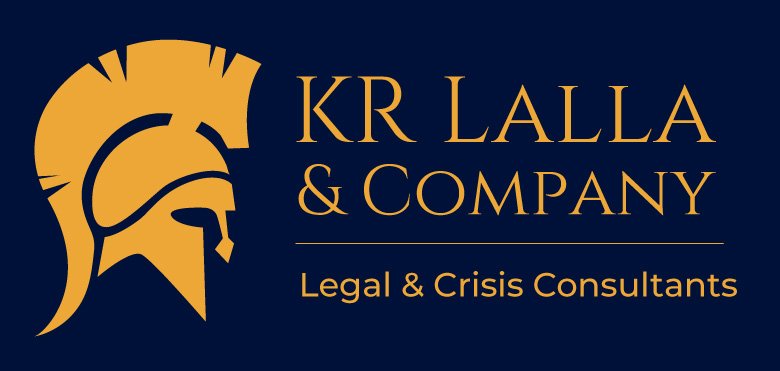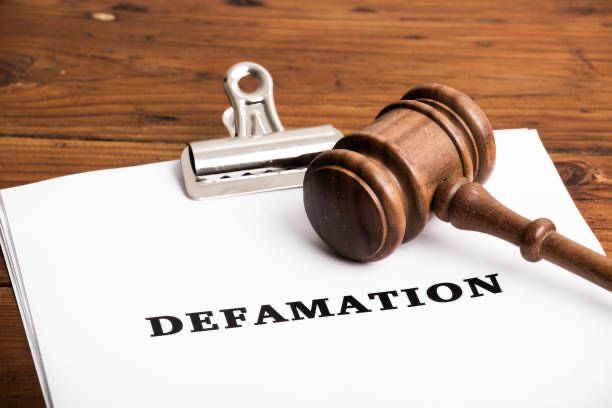With the advent of social media, we are now more liberal than ever, to share all our thoughts, good and bad, with the world at large, enabling us to have a global reach for our voices, like never before. Now, it’s the norm to share our deepest thoughts and opinions on various issues, actions, to be broadcasted all over the Internet. With the click of a button, we praise businesses for their great service but denounce some for their inadequacies and can even drive them to financial ruin or disrepute with our words. But are we truly unbridled in our liberty to say what we want, when we want, however we want?
What is defamation?
The law of defamation safeguards an individual’s personal or professional reputation, which may be lowered in the eyes of the public because of published or spoken statements from another individual. The Courts are indeed willing to award damages for persons who are victims of defamation and in exceptional circumstances restrain the publication.
How would you know if your post is defamatory?
Any defamatory written statements posted on social media, would be categorized as libellous as these would be permanent in written form, a key factor of libel. Defamation through spoken words in videos or voice messages is called slander. Defamation extends to written posts on any social media platform, memes, photographs and videos.
Defamation can be direct and even indirect as even the hashtags you use can make an otherwise innocent post, defamatory. Deleting it doesn’t help either, once it’s out there, it stays there! Privacy settings also don’t protect you from liability for defamation. Once the person Court establishes that the words complained about in the “defamatory” post are referring to a particular person and the words bear an untrue or derogatory description or attributes a disparaging and false accusation, it’s defamation!

